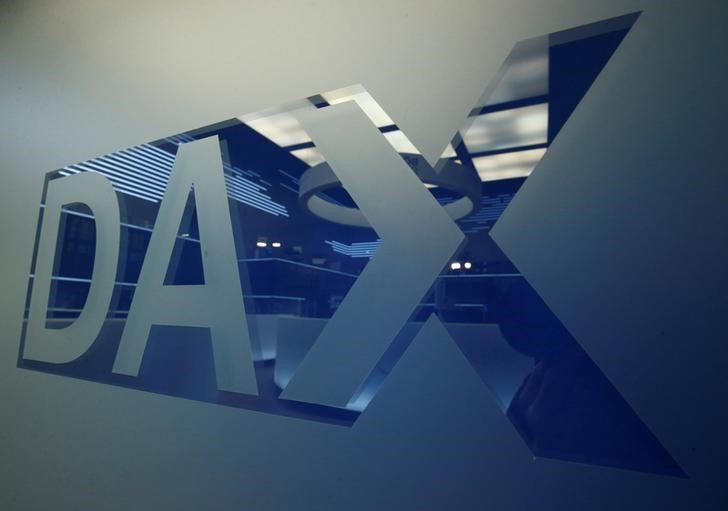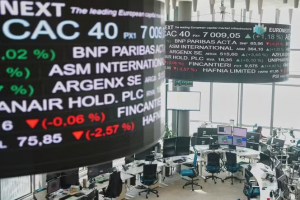European stock markets mostly edged lower Wednesday, retreating after recent strong gains as investors digested the historic debt reforms in Germany, ahead of regional inflation data and the conclusion of the latest Federal Reserve policy-setting meeting.
At 05:35 ET (09:35 GMT), the DAX index in Germany dropped 0.3% and the FTSE 100 in the UK fell 0.3%, while the CAC 40 in France gained 0.2%.
German debt vote passes
Germany’s lower house of parliament, the Bundestag, voted in favor of several changes to the country’s constitution that would allow for a loosening in fiscal rules and pave the way for new investments on defense and infrastructure.
The amendments now go to Germany’s Bundesrat, the upper house of parliament, for a scheduled vote on Friday.
Optimism about Germany’s fiscal reset plan has helped spur a jump in European stocks, with the DAX leading the way, gaining more than 16% year to date.
The news resulted in Barclays raising its earnings per share forecast for Europe, citing a more positive long-term growth outlook driven by German fiscal reforms.
Eurozone inflation data due
Investors will also study the latest inflation data out of the euro zone, with the February number expected to fall to 2.4% on an annual basis, from 2.5% the prior month.
The European Central Bank cut rates for a sixth time earlier this month, but is expected to pause this easing stance as higher trade tariffs and more government spending raise the risk of a new surge in inflation.
Fed concludes policy meeting
Later in the session, the Federal Reserve concludes its latest policy-setting, drawing the attention of most investors as they attempt to gauge the potential impact of President Donald Trump’s tariff policies on the world’s largest economy.
The U.S. central bank is widely expected to hold interest rates unchanged in the 4.25%-4.50% range at the conclusion of the two-day gathering, which will likely mean that investors will be paying more attention to comments from Fed Chair Jerome Powell as well as its updated summary of economic projections.
Crude falls after ceasefire deal
Oil prices fell Wednesday, extending the previous session’s losses, after Russia agreed to stop attacking Ukrainian energy facilities for a month.
At 05:35 ET, Brent crude futures fell 0.7%, to $70.07 a barrel, and U.S. West Texas Intermediate crude was down 0.7%, at $66.27 a barrel.
Both contracts dropped around 1% on Tuesday.
This agreement, after a phone call between U.S. President Donald Trump and Russian President Vladimir Putin, stopped short of endorsing a full 30-day ceasefire that Trump hoped for, aims to de-escalate tensions and protect critical energy assets in Ukraine, marking a potential step toward broader peace negotiations.
If U.S.-Russia peace talks on Ukraine succeed, Washington could ease certain sanctions on Russian energy exports, either by relaxing restrictions on oil trade or allowing more exemptions for buyers. This would enable Russia to increase crude and refined product shipments.













